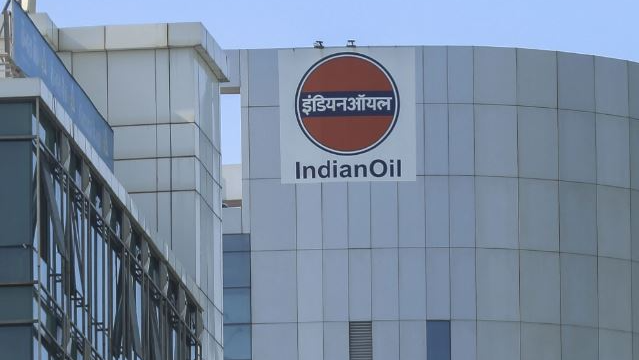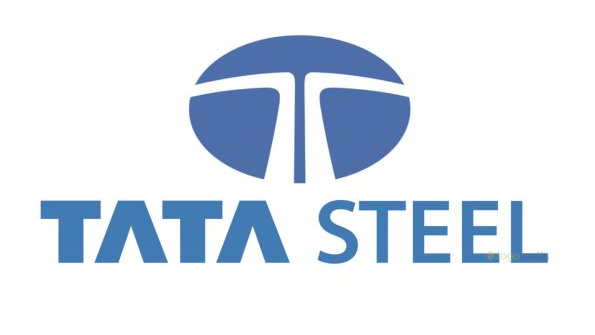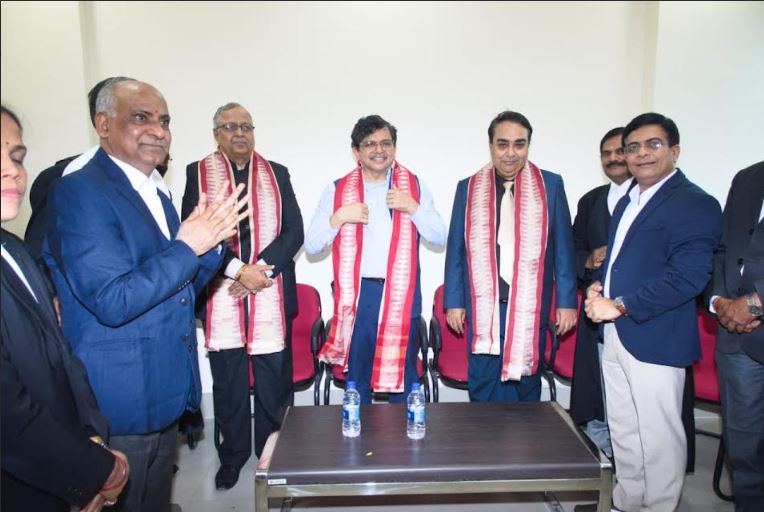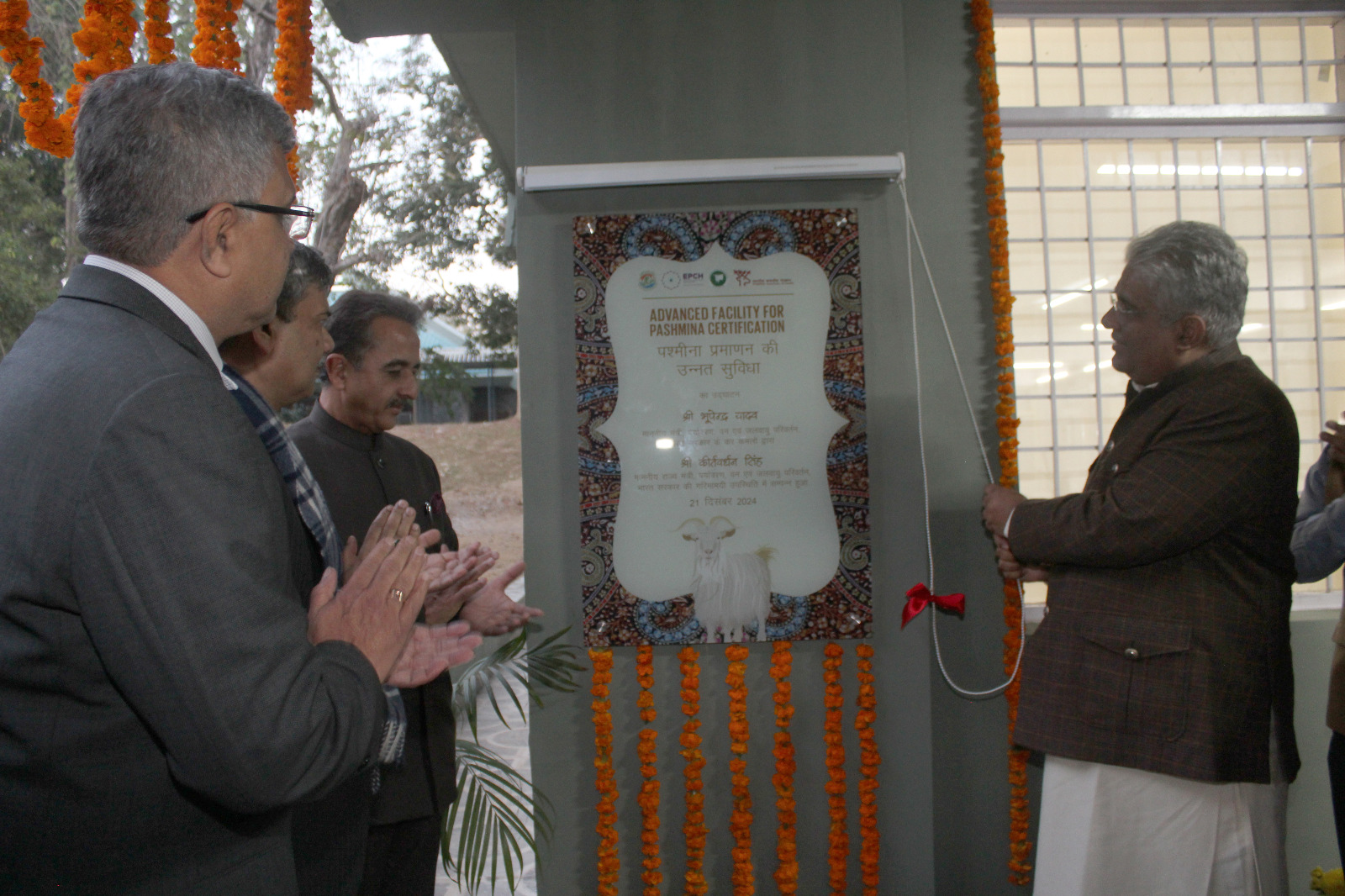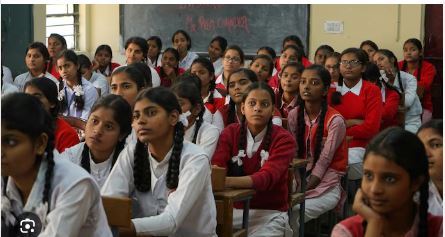Jaisalmer (Rajasthan), Dec 21: The 55th meeting of the Goods and Services Tax (GST) Council saw no major decisions on key issues such as rate rationalisation and tax rates on insurance premiums.
During the press conference, Union Finance Minister Nirmala Sitharaman highlighted the decisions made by the Council and offered clarity on several important matters, including tax rates on food and non-food items, as well as on electric vehicle sales.
One of the key decisions was a reduction in the compensation cess rate to 0.1% on supplies to merchant exporters, aligning it with the GST rate on such supplies. Additionally, the Council reduced the tax rate on fortified rice kernels to 5%. Sitharaman also clarified that ACC blocks containing 50% fly ash will be subject to a 12% GST rate.
The Finance Minister confirmed that black pepper and raisins supplied directly by farmers will be exempt from GST. Moreover, payment aggregators handling transactions of less than Rs 2,000 will be eligible for an exemption, though this does not extend to payment gateways or fintech companies.
Finally, Sitharaman clarified that no GST would be levied on penal charges imposed by banks and non-banking financial companies (NBFCs) on borrowers for failing to meet loan terms.
GST on goods
1. To reduce the GST rate on Fortified Rice Kernel (FRK), classifiable under 1904, to 5%.
2. To exempt GST on gene therapy.
3. To extend IGST exemption to systems, sub-systems, equipment, parts, sub-parts, tools, test equipment, software meant assembly/manufacture of LRSAM system under Notification 19/2019-Customs.
4. To reduce the rate of Compensation Cess to 0.1% on supplies to merchant exporters at par with GST rate on such supplies.
5. To exempt from IGST imports of all equipment and consumable samples by Inspection Team of the International Atomic Energy Agency (IAEA) subject to specified conditions.
6.To extend the concessional 5% GST rate on food inputs of food preparations under HSN 19 or 21 that are supplied for food preparations intended for free distribution to economically weaker sections under a government program subject to the existing conditions.










